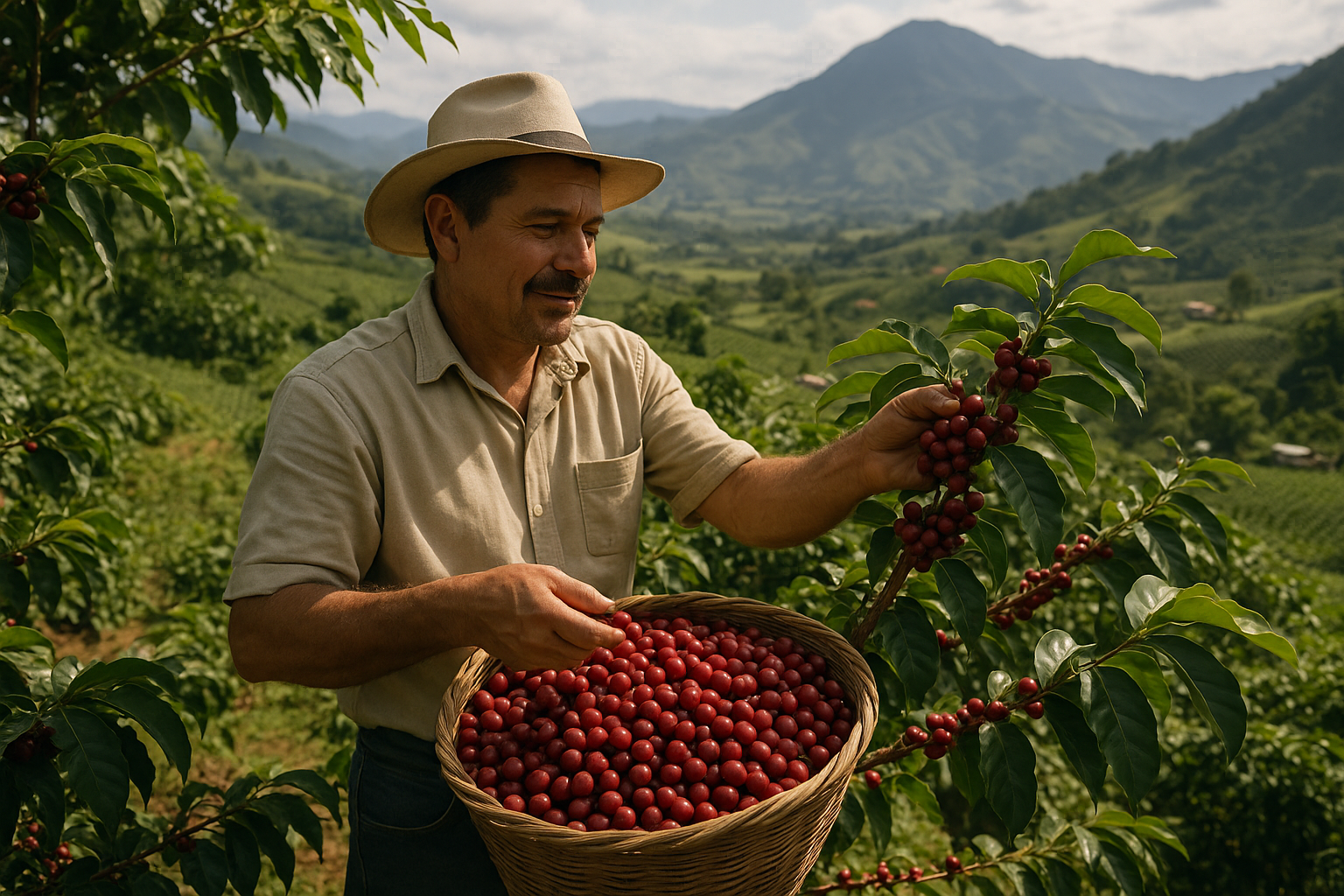Agriculture Jobs – Structured Roles in Farming and Food Production
Agriculture is a vital industry that provides food, fiber, and other resources essential for human survival and economic growth. This sector offers diverse career opportunities ranging from hands-on farming to high-tech research and development roles. Understanding the various job options in agriculture can help individuals make informed decisions about pursuing careers in this field, whether they're interested in traditional farming practices or cutting-edge agricultural technologies.

What are the main categories of agriculture jobs?
Agriculture jobs can be broadly classified into several categories, each focusing on different aspects of food production and agricultural management:
-
Crop Production: This category includes roles directly involved in growing and harvesting crops. Jobs in this area may range from farm laborers and equipment operators to crop specialists and agronomists who optimize plant growth and yield.
-
Livestock Management: These positions focus on the care, breeding, and production of animals for food, fiber, or other agricultural purposes. Roles can include ranch hands, animal nutritionists, and veterinary technicians specializing in large animals.
-
Agricultural Business and Management: This sector encompasses jobs related to the business side of farming, such as farm managers, agricultural economists, and agribusiness consultants who help farmers make strategic decisions about their operations.
-
Food Science and Processing: These roles involve transforming raw agricultural products into consumable goods. Food scientists, quality control specialists, and production managers fall into this category.
-
Agricultural Research and Development: Scientists and researchers in this field work on developing new crop varieties, improving farming techniques, and creating innovative agricultural technologies.
How can one learn about crop cultivation and livestock care?
Gaining knowledge and skills in crop cultivation and livestock care can be achieved through various educational paths and practical experiences:
-
Formal Education: Many universities and colleges offer degree programs in agriculture, animal science, and related fields. These programs provide comprehensive theoretical knowledge and often include hands-on training components.
-
Vocational Training: Technical schools and community colleges frequently offer specialized courses and certifications in specific agricultural practices, such as organic farming or precision agriculture.
-
Apprenticeships and Internships: Working directly with experienced farmers or ranchers can provide invaluable practical knowledge about crop cultivation and animal husbandry.
-
Extension Programs: Many agricultural universities have extension offices that offer workshops, seminars, and resources to help individuals learn about various aspects of farming and livestock management.
-
Online Courses and Webinars: Numerous online platforms provide courses on agricultural topics, allowing learners to acquire knowledge at their own pace from anywhere in the world.
What are some seasonal and flexible roles in agriculture?
The agricultural sector offers a variety of seasonal and flexible job opportunities, catering to those seeking short-term employment or work with variable schedules:
-
Harvest Workers: During peak harvest seasons, farms often hire additional laborers to help gather crops quickly and efficiently.
-
Farmers’ Market Vendors: These roles typically involve weekend work selling produce and other farm products directly to consumers.
-
Agricultural Consultants: Freelance consultants can work with multiple farms on a project basis, offering expertise in areas such as pest management or soil health.
-
Livestock Auction Workers: These positions often involve irregular schedules, with work concentrated around auction days.
-
Seasonal Greenhouse Workers: Many greenhouses increase their workforce during spring planting seasons and reduce staff during slower winter months.
-
Farm Tour Guides: Agritourism operations may hire guides seasonally to lead tours and educational programs during peak visitor seasons.
It’s important to note that while these roles offer flexibility, they may not provide consistent income or benefits typically associated with full-time, year-round employment. Additionally, the availability of these positions can vary greatly depending on the region and specific agricultural needs of an area.
How does technology impact agriculture job opportunities?
Technology is rapidly transforming the agricultural sector, creating new job opportunities and changing the nature of existing roles:
-
Precision Agriculture Specialists: These professionals use GPS, drones, and data analytics to optimize crop yields and resource use.
-
Agricultural Data Analysts: With the increasing use of sensors and IoT devices on farms, there’s a growing need for experts who can interpret and apply agricultural data.
-
Farm Automation Technicians: As farms adopt more automated systems, technicians are needed to install, maintain, and repair these technologies.
-
Vertical Farming Experts: The rise of urban agriculture and indoor farming systems is creating demand for specialists in controlled environment agriculture.
-
Sustainable Agriculture Consultants: These professionals help farmers implement environmentally friendly practices and navigate certification processes for organic or sustainable farming.
The integration of technology in agriculture not only creates new job categories but also requires traditional agricultural workers to upskill and adapt to new tools and methods. This shift emphasizes the importance of continuous learning and flexibility in agricultural careers.
In conclusion, the field of agriculture offers a wide array of job opportunities that cater to various interests, skills, and work preferences. From traditional farming roles to cutting-edge technological positions, the sector continues to evolve, providing diverse career paths for those interested in contributing to the essential work of food production and agricultural innovation. As global challenges such as climate change and food security become more pressing, the importance of skilled professionals in agriculture is likely to grow, making it a potentially rewarding field for career development.




